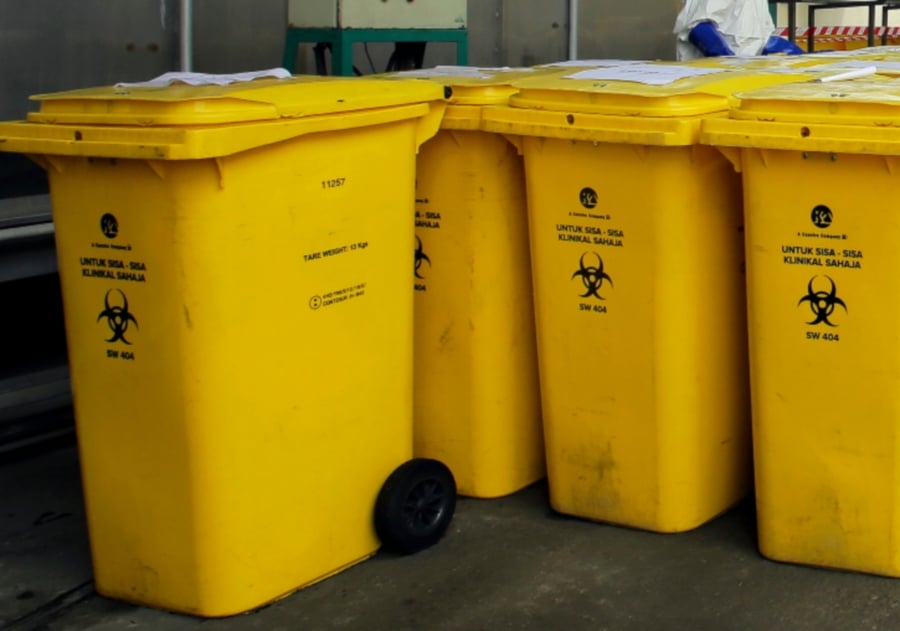 January 25, 2021 @ 4:37pm
January 25, 2021 @ 4:37pm
SURGING Covid-19 cases worldwide has recorded up to 2 million fatalities to date (that is about 10 per cent of the total death during WW1), witnessed an overwhelming demand for medical attention in hospitals, necessitating medical institutions to have sufficient supplies of personal protection equipment (PPE).
The demand for polymer-based PPE is also observed among enforcement personnel and civilians. PPE such as gloves, face masks, face shields, and coveralls are not just used in the medical sector but also heavily used as a part of household products and among service industries including cashiers, petrol pump and flight attendants, customer service staffs, and security guards to limit and eventually inhibit the Covid-19 infection.
Many food handlers and eateries used more plastic than usual to protect their edibles from being medium of infection. The continuous demand for polymer-based PPE is alarmingly jeopardising the environment.
The disposal of used PPE in the medical sector is regulated by the local authorities, which are normally classified as biohazards. A more dire situation of polymer waste handling is focused on single used PPE among civilians.
Recently, we were alarmed with the news of plastic waste found in marine life carcasses and an unborn baby's placenta, which an indication of our negligence and improper plastic waste handling.
Used face masks and gloves were also seen being thrown away in the landfill and public areas. The pandemic emphasised the essential role of polymer in our daily life and at the same time, creating a distressing issue of waste accumulation.
Accumulated PPE waste could be infected unknowingly and can potentially cause cross-contamination, boosting up the infection rate. The world will face more critical environmental and health issues without proper domestic waste handling.
At this stage, we are striving to deal with the impending surge in the volume of domestic plastic and PPE waste arising from the Covid-19 pandemic. This critical matter threatens to engulf the current plastic waste management problem similarly with medical care capability.
The compulsory implementation of using a (disposal) face mask in public areas would establish more contaminated waste, additively, and continuously harming the environment and ecosystem. The situation is equally observed from the usage or purchase of plastic-based items such as bottled water and straws.
Users would rather not share drinks from the same bottle with others, generating more plastic waste if they are not disposed/ recycled properly. Ideally, the war against the virus could recede slowly once the vaccine is completely developed and verified but the effects on the environment are indefinite, long-termed, and might be more lethal.
Enormous efforts from all parties must be put in line to design a more promising future for the environment in parallel to flatten the Covid-19 infection rate. We might wake up one day to a huge pile of contaminated plastic waste in our own backyard if we are unable to manage the waste management system.
The writer is a lecturer at Polymer Engineering Division, School of Materials and Mineral Resources Engineering, Universiti Sains Malaysia.
Source: https://www.nst.com.my/opinion/columnists/2021/01/660390/beware-polymer-waste-due-pandemic